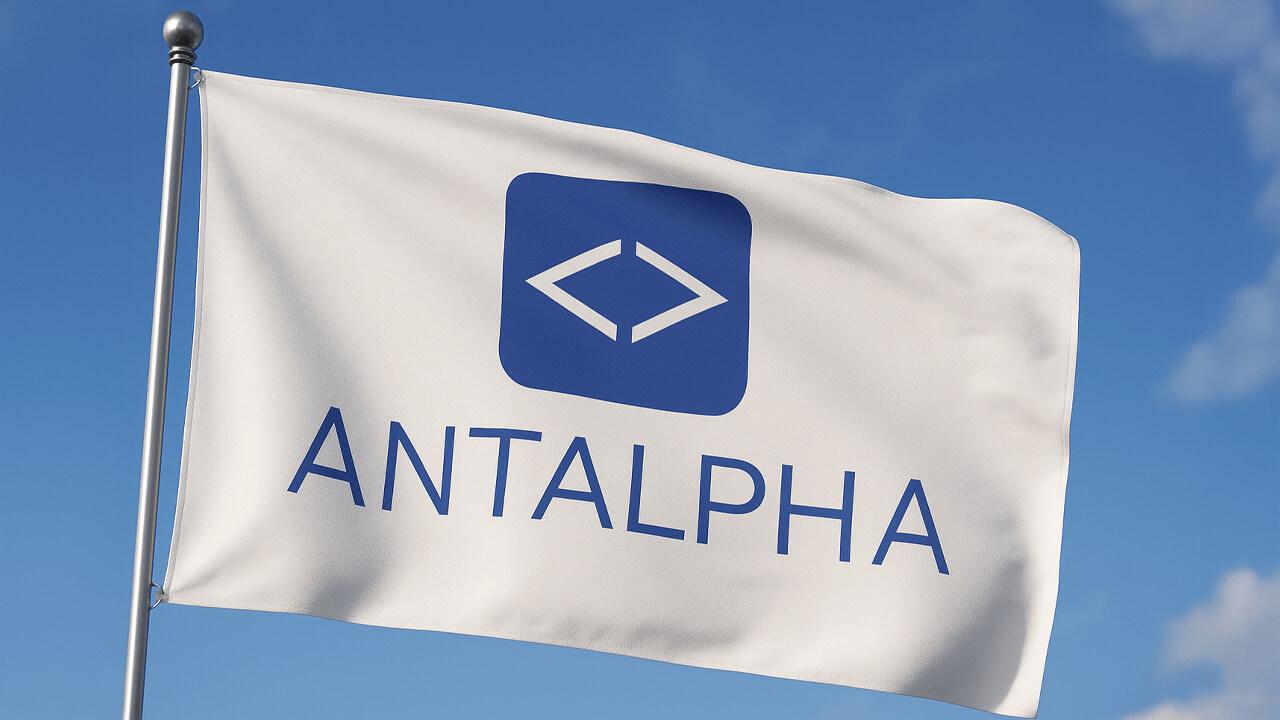Singapore court rejects Do Kwon’s bid to reclaim $14.2M deposit
Terraform Labs co-founder Do Kwon has seen his claim to recover the $14.2 million deposit he made for a luxury penthouse in Singapore denied. Do Kwon took his pleas to the nation’s high court and subsequently saw his claims dismissed by the judge in charge of proceedings.
According to reports, the sum represents half of the $28.4 million needed to purchase the Orchard Road penthouse. The former Terraform Labs boss had set his sights on the Sculptural Admore unit, which was valued at S$38.8 million, five months before the unfortunate collapse of his digital assets TerraUSD and Luna in 2022. According to court documents, Do Kwon had chosen his preferred 7,600 square foot duplex with four bedrooms on the 19th floor of the development, one of three penthouses in the development.
Singapore court strikes out Do Kwon’s bid to recover penthouse deposit
Do Kwon, originally from South Korea, had paid about S$19.4 million, which was half of what he needed to secure full ownership of the property. According to records, he paid for the penthouse in option fees and subsequent payments through his wife. He was unable to complete the purchase of the unit, and the penthouse was later resold to another party for S$34.5 million.
While the developer claimed that he had forfeited the money he got from Do Kwon, the Terraform Labs founder argued that the forfeiture was invalid, and filed a claim at the Singaporean High Court through his wife. His application was subsequently dismissed. In addition, Kwon and his wife signed a 16-month lease from February 2022 to June 2023 for the apartment, paying about S$40,000 per month. The couple paid S$640,000 upfront and carried out renovations on the property.
In May 2023, Kwon asked his wife to pay S$1,000 to the developers, exercising the option to purchase the property, but his wife was unable to complete the transaction as required by May 31, 2023. The option to purchase and the lease expired in June 2023, and the developers terminated the sales and retained the funds paid. Kwon’s wife continued to live in the unit till July 2023, having paid an additional month’s rent.
The developer claimed that she breached the terms of the contract and asked her to pay another month’s rent, moving to recover S$90,000 in repair costs. However, in his claims, the High Court Judge Philip Jeyaretnam struck out the seller’s repair claims, awarding him an additional month’s rent, and asked Do Kwon to cover his legal costs.
Legal ruling compounds Kwon’s woes
The ruling adds to the legal challenges of Do Kwon after the collapse of the Terra-Luna ecosystem, which saw more than $40 billion in investor funds erased. Kwon had pleaded guilty in August 2025 in New York for conspiracy and wire fraud in a United States prosecution case linked to the collapse. As part of his plea deal, he agreed to forfeit about $19.3 million and some properties. The judge in charge of his case moved his sentencing to December 11.
Do Kwon and the Luna Foundation Guard were sued by more than 366 investors at the Singapore International Commercial Court in May and face demands of about $66 million to $90 million. Notably, Kwon’s business was originally registered in Singapore. The case mirrors that of FTX executive Sam Bankman-Fried, who was indicted for multiple fraudulent schemes he carried out while he was CEO at the company.
He was found guilty of two counts of wire fraud, two counts of conspiracy to commit wire fraud, one count of conspiracy to commit securities fraud, one count of conspiracy to commit commodities fraud, and one count of conspiracy to commit money laundering. The court sentenced SBF to 25 years in prison and three years of supervised release. He was also ordered to pay about $11 billion in forfeiture for his part in the numerous fraudulent schemes that were carried out at the company.
The smartest crypto minds already read our newsletter. Want in? Join them.
You May Also Like

WOW Summit Partners with Hong Kong Sevens: Five Memorable Days of Web3, Sports, and Excitement!

Interpretation of the IPO of mining finance company Antalpha: A key move in Bitmain’s financial chess game?
